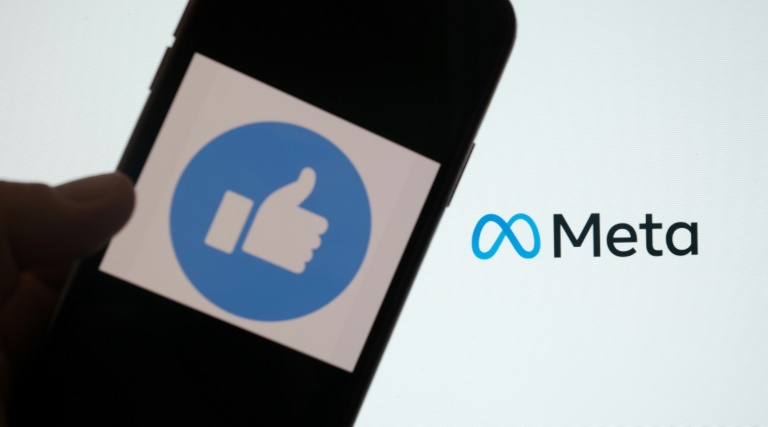Small beginnings: How five major companies transformed their names and futures

The new tool allows group administrators to automatically relegate into quarantine new posts tagged as containing false information, as well as previously posted claims that were subsequently proven untrue, according to Facebook – Copyright AFP/File Jack TAYLOR
Some of the most recognizable brands today were once called something completely different. In their infancy, many brands were named after their owners or to loosely describe their purpose before they grew into big and influential companies.
From social media platforms to soft drinks, the brands on this list chose to change their names early on to suit their customer base or better represent their aims and values.
Matthew Woodward, the director of Search Logistics, has explained to Digital Journal about the often unlikely histories of five famous brands and how they evolved into what they are today.
Started by Harvard University student Mark Zuckerberg in 2003, the original name for Facebook was Facemash. The online platform began as a place where fellow students could look at photos of their classmates and rate them based on attractiveness. This lasted a total of two days before Harvard authorities shut it down because Zuckerberg was using university resources without permission.
After the failed first attempt, Zuckerberg rebranded with the new name of Facebook in January 2004. Today, Facebook is the largest social media platform in the world and is under the umbrella company, Meta, which also runs Instagram, Messenger, and WhatsApp.
When Larry Page and Sergey Brin co-founded what later became known as Google, they went with the name Backrub in reference to the program’s analysis of back-links on the internet. It was a fun play on words that served the company’s purpose for just over a year from 1995, until 1997 when they accidentally stumbled upon the name Google after a team member made a typo.
The name change originally suggested was ‘googol’, the term for the number one followed by one hundred zeros, symbolising the seemingly countless results when someone searches for something on the company’s home page.
Nike
In the late 1950s a man named Phil Knight was attending the University of Oregon when he met a track and field coach named Bill Bowerman who was obsessed with fitting his athletes with the best running shoes on the market. After getting a master’s degree from Stanford, Phil returned to Oregon with a deeper knowledge of shoe production and distribution to team up with his former coach and create Blue Ribbon Sports.
From 1964 to 1971, this was the name that Knight operated under while he designed shoes, selling those designs to a bigger company called the Tiger Shoe Company (now called Asics). By 1971, Knight wanted to sever ties with Tiger and rebrand in order to sell his successful design called the “Cortez ” and release other designs. This is when the name Nike came about.
The name Nike originates from Greek mythology and is the name of the goddess of victory.
PayPal
The entrepreneurs and founders of PayPal, Peter Thiel and Max Levchin started the company back in 1998. Back then, the startup went by the name of Confinity, which is defined as a ‘community of limits’. The original aim of the company was to create a low-cost, online payment method for both businesses and consumers.
The company changed its name to PayPal in June of 2001 as they changed their focus solely to Internet users.
Pepsi
Pepsi has a long and storied history that started in 1898 with the invention of what was then called Brad’s Drink, derived from Caleb D. Bradham, a pharmacist and the inventor of the soda.
Bradham sought out a new name, which he found in a local competitor called “Pep-Cola.” He bought the rights to the name, and changed it to Pepsi-Cola not long afterward.
Small beginnings: How five major companies transformed their names and futures
#Small #beginnings #major #companies #transformed #names #futures





